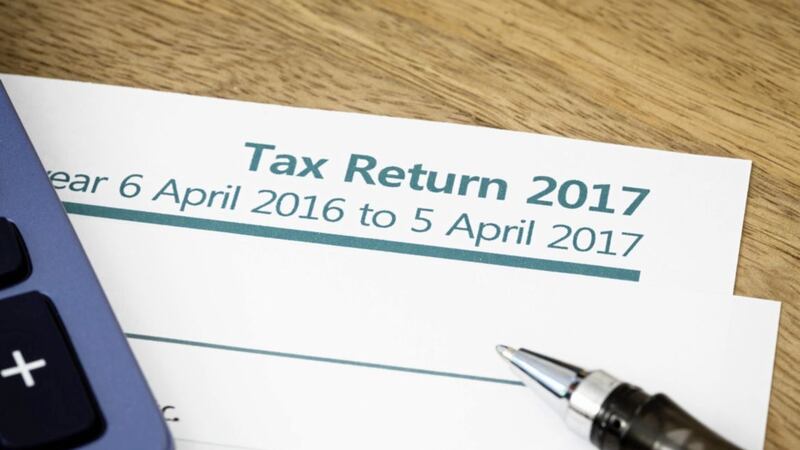QUESTION: I am employed by a large local business but I complete a tax return each year because I have a portfolio of rental properties that I declare each year. I have additional tax to pay of around £2,000 each year. Each year my accountant completes my tax return in January and I pay the tax to HMRC. Can I spread these payments?
ANSWER: For those completing tax returns under self-assessment, there is always a tendency to leave everything to the last minute, but you can pay your bill through your PAYE tax code as long as all these apply:
• You owe less than £3,000 on your tax bill;
• You already pay tax through PAYE, for example you’re an employee or you get a company pension; or
• You submitted your paper tax return by 31 October or your online tax return online by December 30.
HMRC will automatically collect what you owe through your tax code if you meet all three conditions, unless you’ve specifically asked them not to (on your tax return). In this way you spread your tax payment over 12 months rather than paying a lump sum in January.
You will not be able to pay your tax bill through your PAYE tax code if:
• You do not have enough PAYE income for HMRC to collect it;
• You’d pay more than 50% of your PAYE income in tax; or
• You’d end up paying more than twice as much tax as you normally do.
The tax you owe will be taken from your salary or pension in equal instalments over 12 months, along with your usual tax deductions.
The real benefit with this is the spreading of the tax payment. January can be a tough month anyway with people spending on their credit cards in the run up to Christmas.
They are also often paid early, meaning they have almost six weeks till their next pay cheque. The opportunity to spread tax seamlessly over 12 months would be a major benefit to many.
There is an important thing to remember with this though. If people do this, then when they come to complete their tax return next year, they will need to include the amount of tax that was collected through their tax code on that form.
Otherwise the tax calculation will probably show a repayment, and they might think next year's Christmas has come early.
However, if you miss the December 30 deadline or you do not qualify for the tax you owe to be collected by your PAYE, code you need to make sure your tax return and payment of outstanding tax is filed, submitted and paid by January 31.
There are lots of ways to pay your tax bill, eg online, bank transfer or direct debit, but please bear in mind how long each payment method takes to ensure your payment is received by HMRC on time.
:: Feargal McCormack (f.mccormack@pkffpm.com) is managing director of PKF-FPM (www.pkffpm.com). The advice in this column is specific to the facts surrounding the question posed. Neither the Irish News nor the contributors accept liability for any direct or indirect loss arising reliance placed on replies.








